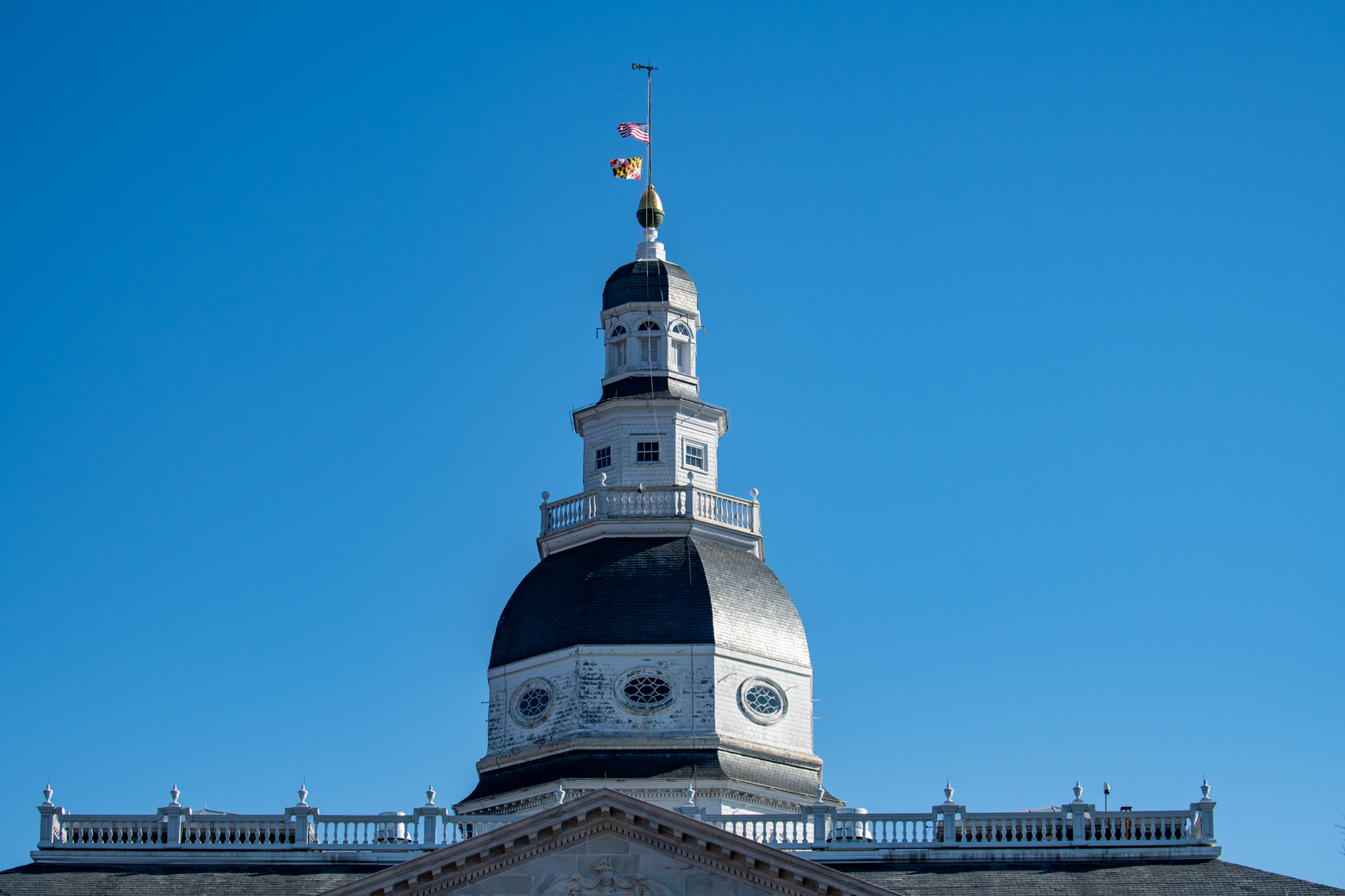A new Maryland General Assembly bill would prohibit universities and colleges that receive state funding from considering legacy status in the admissions process.
The bill comes in response to a June 2023 Supreme Court decision that prohibited higher education institutions from considering a student’s race in the admissions process. But the proposed bill would allow colleges and universities to ask prospective students about their relationships with alumni to collect data.
Del. Jazz Lewis (D-Prince George’s), the bill’s sponsor, said that while many Maryland public universities already do not consider a student’s legacy status, the bill would codify the rule into state law.
“My goal is to make sure equity and access in higher ed is merit-driven and fair,” Lewis said. “Universities have every right to try to maintain a diverse student body.”
[Wes Moore discusses public safety, affordable housing in State of the State address]
During a Jan. 30 hearing on the bill, Lewis alluded to a 2023 report from the U.S. Department of Education that outlined policies to increase campus diversity after the affirmative action decision.
According to the report, admissions processes that favor legacy status are counterproductive to creating a socioeconomically and racially diverse campus, Lewis noted in the Jan. 30 hearing.
“Legacy admissions by their very nature, privilege a select, and likely wealthy, few, often at the expense of equally deserving students who lack such connections or wealth,” Lewis said in the public hearing.
In a statement to The Diamondback, a University System of Maryland spokesperson confirmed that the university system does not consider a student’s legacy status in admission decisions. The university system declined to comment on the proposed legislation.
University of Maryland president Darryll Pines said that while bills that seek to protect diversity in higher education institutions are “trying to help,” they are being discussed too early in response to the June 2023 Supreme Court decision.
“We want to be careful,” Pines told The Diamondback. “We’re still within the first year of the Supreme Court decision. We actually don’t even know what the final data is going to suggest. So these bills are a bit early.”
[Maryland lawmakers look to balance budget constraints with legislative agenda]
Lewis agreed that there is not enough current data on the effects of the affirmative action ruling but noted that this bill is the “initial strategy” to expand campus diversity.
Legislators will continue to innovate new solutions if current strategies are not successful, Lewis said.
Several students at this university said they supported the bill’s intentions, including junior economics major Raj Purewal.
“I feel like it kind of evens out the playing field,” Purewal said.
Purewal highlighted that he believed affirmative action should have remained part of the admissions process because a student’s community influences the opportunities available to them.
Sophomore computer science major Katie Yang said legacy admissions give some students an unfair advantage. Yang said she thought it was “a little silly” that legacy admissions exist after affirmative action was struck down.
“It just makes more sense that you want to level the playing field for people who haven’t had that sort of privilege and that’s why you would have affirmative action,” Yang said. “But legacy is only helping people who already have that sort of privilege.”
The bill’s state Senate counterpart is scheduled to be discussed on Feb. 14.



